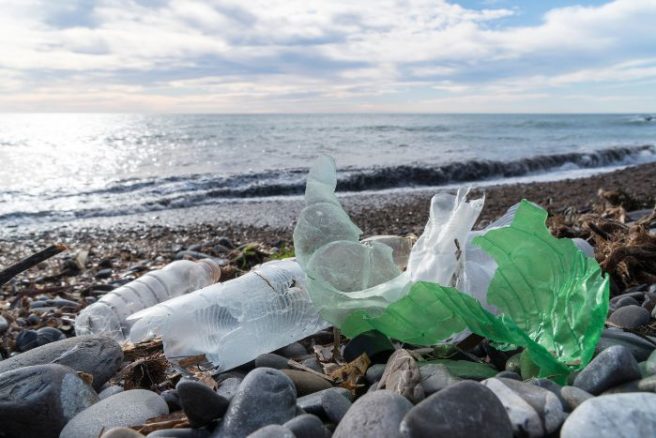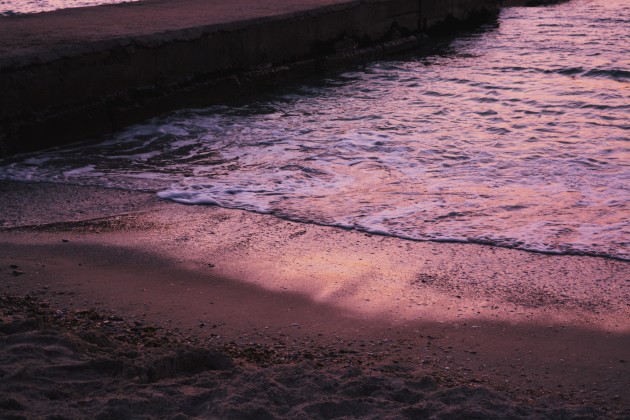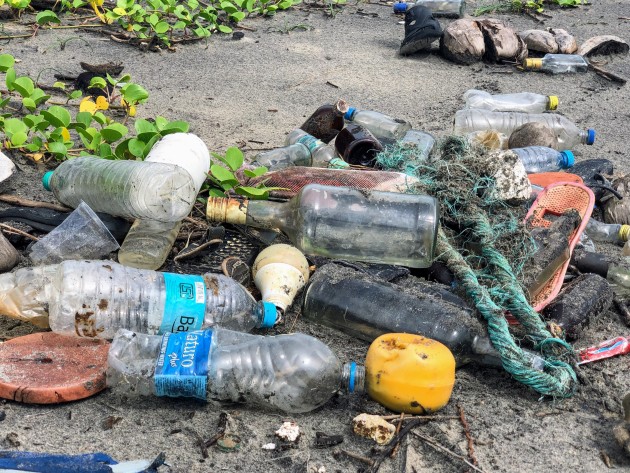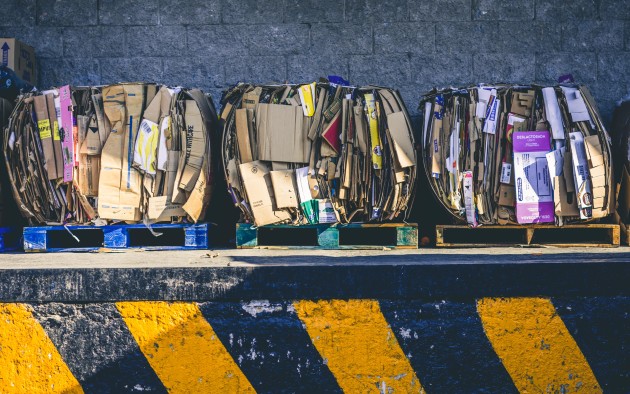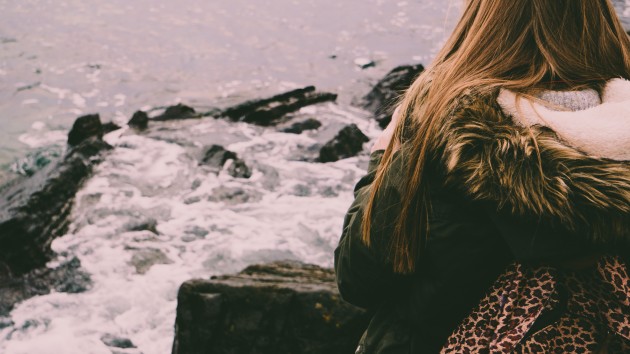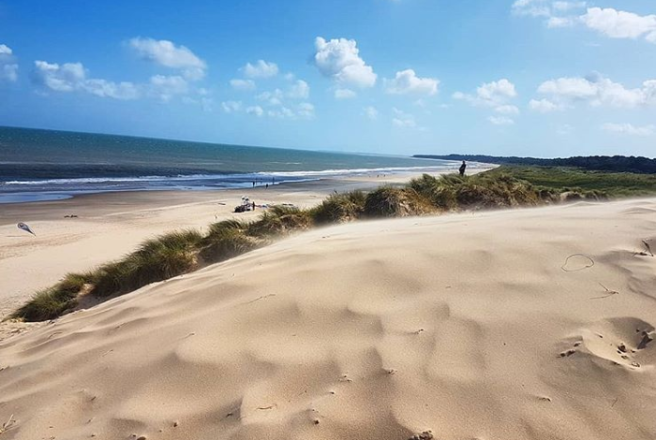
Research indicates that the majority of Irish beaches are polluted
In worrying news, a new survey has found that the majority of Irish beaches and rivers are polluted, with one-in-six deemed "clean to European norms".
The most common forms of litter discovered by assessors included food wrappers, plastic bottles, cans and cigarettes, according to The Journal.
Five-in-six beaches and waterways examined as part of Irish Business Against Litter's survey were considered clean enough to meet European standards.
Only 16% of coastal areas and waterways are clean … see latest ibal results herehttps://t.co/Uz4X2N259t pic.twitter.com/HF340CX0bJ
— Irish Business Against Litter (@IrishLitter) August 25, 2019
The study analysed 42 areas across Ireland by IBAL, and only 1-in-6 beaches were clean enough to meet the standards. 14 percent were classified as ‘littered’ or ‘heavily littered’.
Beaches, harbours, rivers and their immediate environs were monitored by the Environmental Education Unit of An Taisce over the summer, with fishing industry-related litter found in almost all marine sites.
Salthill was stated to be one of the cleanest beaches in the country, and the report praised the Galway beach as a “well used and cared for environment”.
Curracloe beach in Wexford was also added to the 'clean' list for having 'a virtual absence of litter', but Seapoint in Dublin was the only other beach considered clean.
Lough Rea, the River Shannon at Carrick-on-Shannon, the Nore in Kilkenny and KiImore Quay harbour in Wexford were also inspected as clean.
The Barrow in Carlow town and the Tolka in Dublin were both heavily littered, along with Cork Harbour near Midleton.
Cork harbour was “subject to dumping, with heavy levels of land-based food-related items and large numbers of traffic cones and household appliances discarded in the water”, according to the report.
Inspectors claimed that the River Barrow at Carlow had “a very definite heavy litter presence … with a wide variety of regular litter, both land- and water-based."
Blackrock Castle also had “heavy levels of plastic bottles, plastic bags, cans, food / sweet wrappers and large pieces of plastic … several plastic bags of rubbish and other miscellaneous items were dumped adjacent to the coast.”
Bundoran, Dingle, Kinsalem Brittas Bay in Wicklow, Dun Laoghaire harbour, Tramore beach in Waterford, Portmarnock beach in Dublin and the tourist destination of Lahinch were considered “moderately littered.
Conor Horgan spoke as a representative of IBAL, saying that the need for action on plastic pollution in aquatic environments was increasingly more vital;
“Our regular surveys consistently show 80% of our towns to be clean; we cannot say the same for our beaches and waterways.
“Litter as we know it has acquired a wholly new importance for society. This is especially true for an island like Ireland, where litter can readily wind its way to the sea irrespective of where it is dropped," he added,
“When it comes to marine litter the sea starts at every household, street, green space and workplace.”
Feature image: Instagram/@alex_travel_lounge







